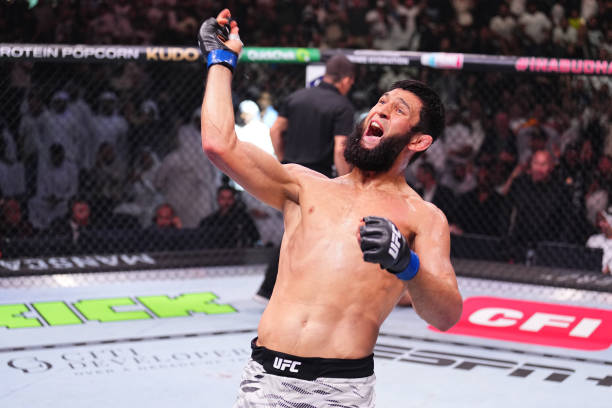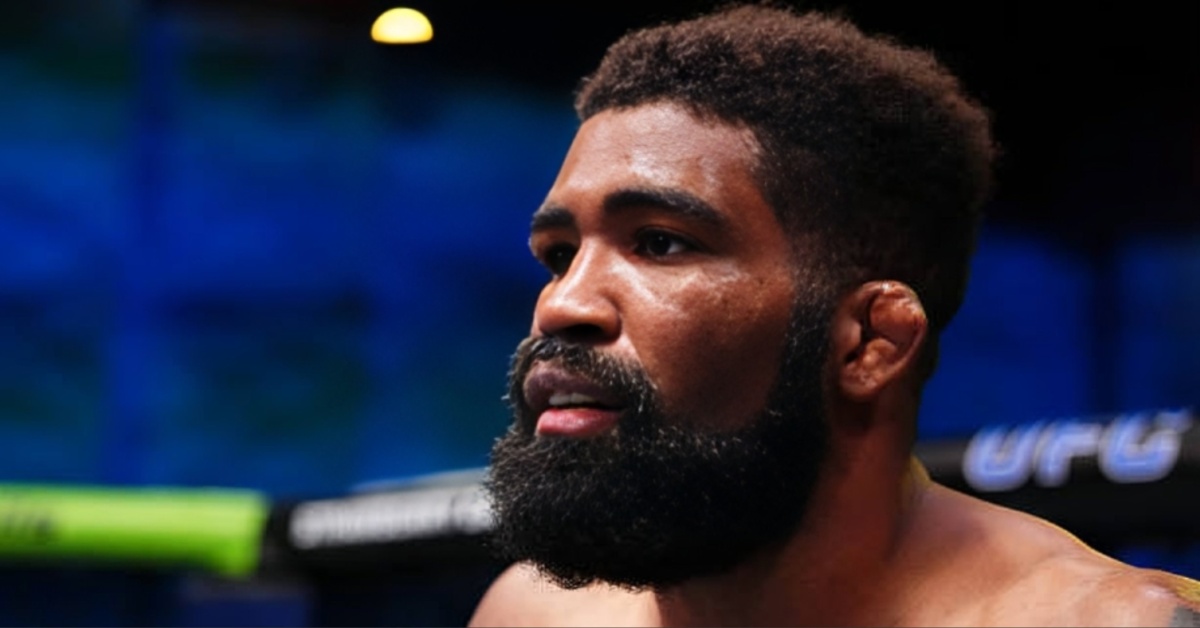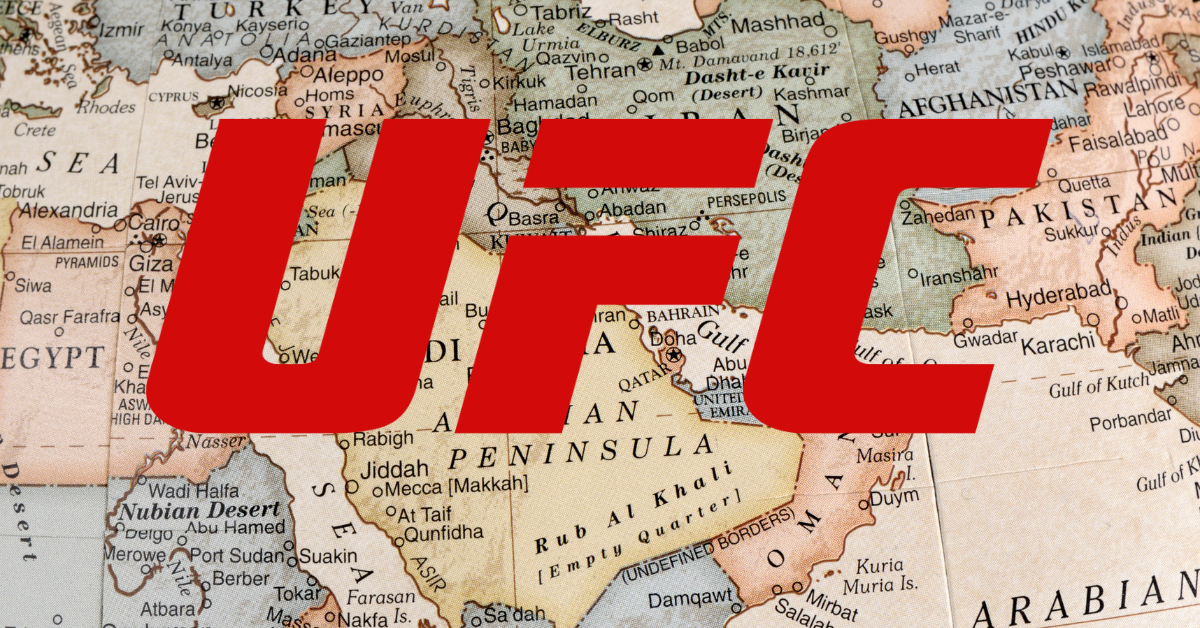

The UFC is accelerating its expansion strategy in the Middle East, with a new focus on regional talent development and deeper engagement across the Gulf. The organization’s ongoing calendar of events in the UAE, Saudi Arabia, and Qatar has laid a strong foundation, but the next phase will see the launch of a Middle Eastern version of its feeder systems – such as Contender Series, Ultimate Fighter, or Road to UFC – designed to identify and nurture MMA prospects from the region.
In a recent interview, UFC Senior Vice President David Shaw stated: “There are discussions for a format to develop talent in the Middle East, possibly Contender Series, Road to UFC, or Ultimate Fighter. It would make sense to include fighters from the Gulf countries.” This aligns with the UFC’s goal to promote strong regional affiliations.
UFC’s Track Record in the Middle East
The UFC has steadily increased its presence in the Middle East since its first Abu Dhabi event in 2010. Abu Dhabi, through a partnership with the Department of Culture and Tourism (DCT Abu Dhabi), now hosts at least one numbered UFC event annually, featuring top-tier championship bouts at the Etihad Arena on Yas Island. This partnership is under an extended deal running through 2028 and includes additional Fight Night events distributed across the Middle East and North Africa region.
Saudi Arabia joined the roster in June 2024 with a Fight Night at Kingdom Arena, and Qatar will host UFC Fight Night at Ali Bin Hamad al-Attiyah Arena in Doha later this year. Reports indicate that the UFC is also in talks to bring future Fight Nights to Egypt, further expanding its regional itinerary.
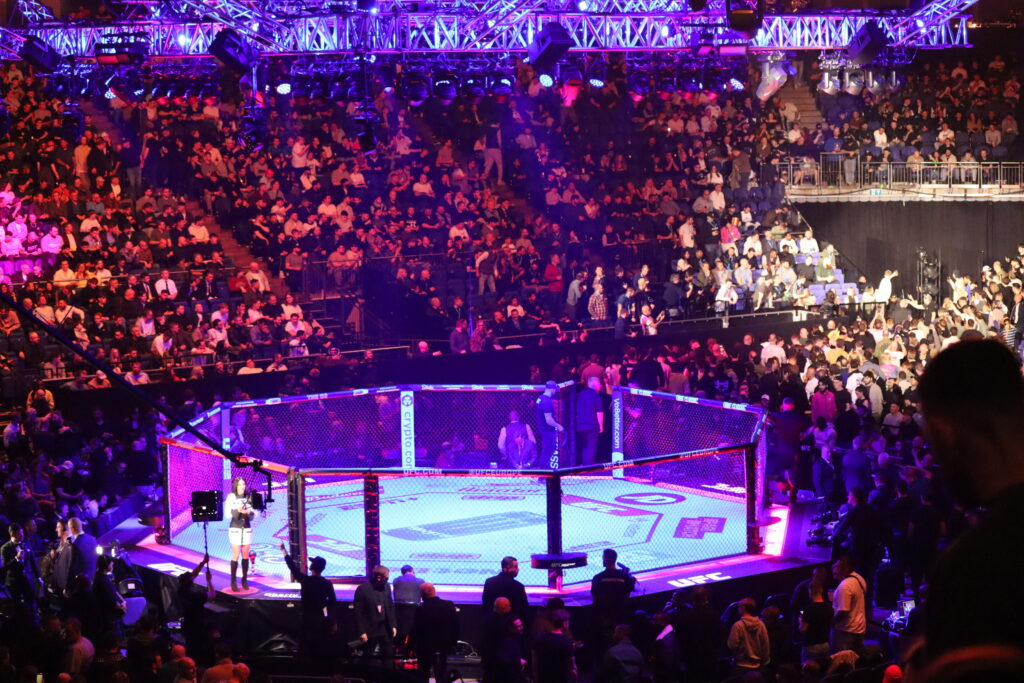
The Contender Series Approach
The UFC’s feeder systems – Dana White’s Contender Series, Road to UFC, and The Ultimate Fighter – are established formats for discovering new talent. The Contender Series, for example, pits emerging fighters against each other in front of UFC executives, with the winners earning contracts to join the organization. Road to UFC uses a tournament-style approach, often focusing on specific geographic regions, while The Ultimate Fighter offers a televised reality competition that has launched numerous successful careers.
A dedicated Middle East version of one of these systems would provide local fighters a pathway to the global stage, satisfying a need for more structured development and competitive opportunities for Gulf-based athletes. Shaw’s comments show the UFC’s intent to scout fresh talent and give fighters from the likes of the UAE, Saudi Arabia, and Qatar exposure at a world-class level.
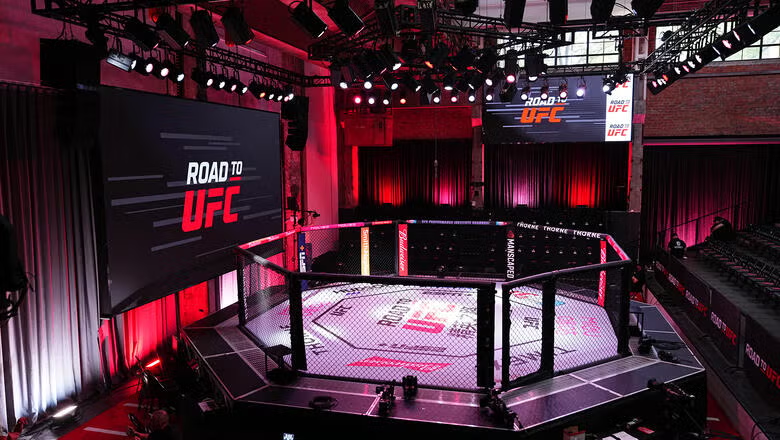
Regional MMA Ecosystem
The UFC’s plans arrive in an already thriving MMA landscape. UAE Warriors is the Middle East’s largest MMA promoter, staging high-profile events and serving as a key springboard for local fighters. The PFL has also launched PFL MENA, with its 2025 season featuring 32 athletes from across the region competing in a league format. PFL’s approach includes regular seasons, playoffs, and championships – a structure unique to the sport in the region. The league has signed top Emirati talent and plans to feature both male and female competitors from Saudi Arabia and the Gulf.
Other regional MMA platforms – such as Brave CF and national leagues – offer further development venues for emerging athletes. This expanding network is producing a more competitive field, making the region increasingly significant on the global MMA map.
ADCC, founded in 1998 by Sheikh Tahnoun Bin Zayed Al Nahyan, has had a historic influence on martial arts in the Middle East. Originally established to promote and develop martial arts in the UAE, the ADCC quickly set a new standard for submission grappling worldwide through its biannual ADCC World Submission Fighting Championships – now recognized as the gold standard event in the sport.
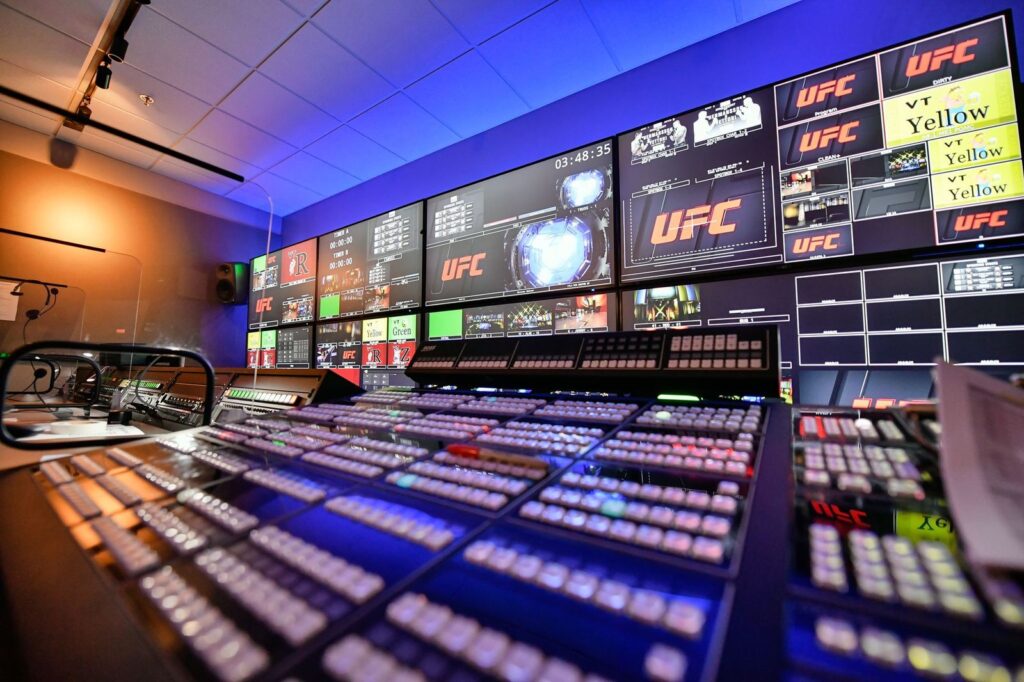
UFC
While the UFC has not yet formalized a launch date or chosen which developmental format will be implemented, the groundwork is being laid: local events with regional athletes, expanded international partnerships, and explicit public statements about the desire for a Gulf-focused feeder system. The UFC’s “war room” is actively reviewing options, weighing the best ways to capitalize on surging fan interest and the successes of established local promotions.
